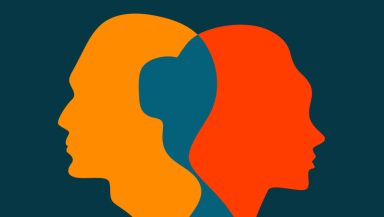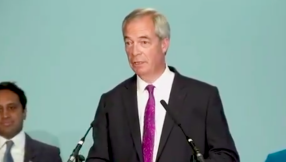
Fewer than one in five people believe that the Supreme Court was wrong to rule in favour of biological reality in determining a person’s sex. Put simply, most people do in fact believe that men are men and women are women.
A YouGov poll of more than 2,100 people for the Sex Matters campaign group found that 63 per cent of respondents agreed with the Supreme Court’s decision and only 19 per cent were unsure. Just 18 per cent of those who responded felt that the Supreme Court had made the wrong decision.
Support for biological reality became more pronounced when it came to sport, with nearly three quarters supporting moves by sporting bodies to disallow biological men from competing in women’s sport.
Susan Smith is a director of women’s rights group For Women Scotland, the group that brought the case to the Supreme Court that sought clarification as to what the term “woman” meant in legal terms, resulting in the new ruling.
Smith told the Evening Standard, “For all the noise created by activists in recent weeks, this polling indicates that most people believe that women’s human rights matter and that the court acted correctly in determining that robust, clear definitions were critical.
“We are pleased that there is evidence of heightened awareness of the case in Scotland in particular, which bears out our belief that the more governments push gender identity ideology, the more failings are revealed which strengthens public opposition.”
Women’s rights activists have questioned how the call for 'trans rights' has impacted on their own lives. In practice it has led to cases in which biological men hold places or positions reserved for women and has even seen a biological man who raped a woman be temporarily placed in a women’s prison after claiming to identify as female.
Labour Prime Minister Keir Starmer has said he agrees with the Supreme Court’s ruling after previously indicating that he believed sex and gender were less than clear cut.













